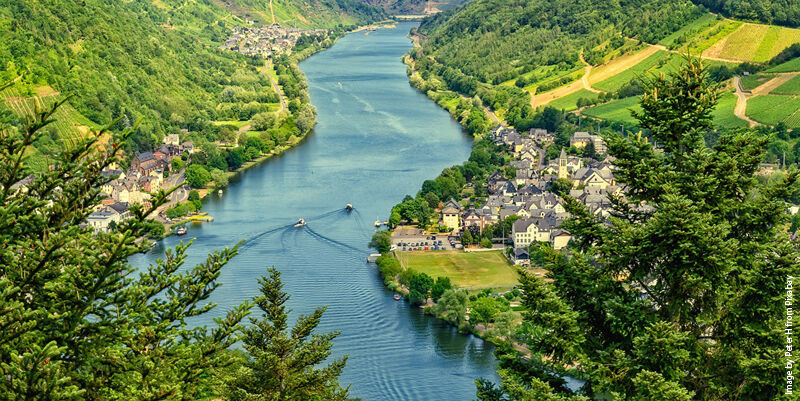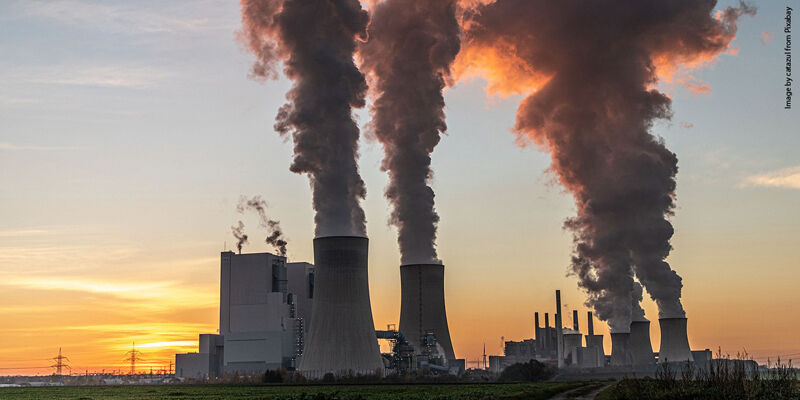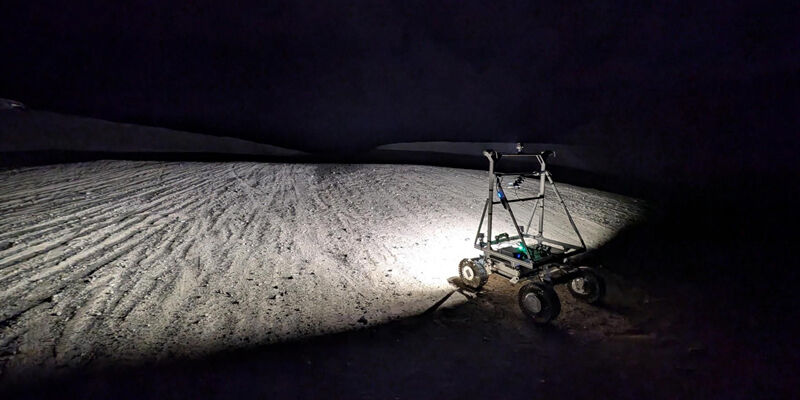The Earth\'s largest ecosystem, the ocean, is studied by specialists from a range of scientific disciplines. Despite the ocean\'s apparent vastness, human activities have had a profound effect on ocean systems, and in turn changes in the ocean system have comparably profound effects on the weather and climate.Mark Reichardt, President & CEO of the Open Geospatial Consortium (OGC) explains why \"the oceans research community is aggressively implementing and using OGC standards...\"
Mark Reichardt, President & CEO, OGC, Inc.The ocean system indirectly determines human impacts from a growing list of societal activities - land development, agriculture, coastal development, sewage outflow, energy production and fishing, to name a few. Additionally, natural Earth processes such as earthquakes use the ocean to unleash tremendous energy, threatening populations, wildlife and property in coastal areas worldwide. These are just a few of the ocean and coastal zone management issues that require coordinated solutions through cooperation and sharing among researchers, government agencies, NGOs, businesses and citizens. Of course, none of this is new news, but our cumulative impact on the oceans and other earth ecosystems is an extremely sobering reality and problem set for this generation and our children who will inherit that legacy.The ocean science community is advancing a significant body of work to understand and address ocean-related issues. Their findings are important in efforts to strike a balance between protection of ocean systems and human exploitation of ocean resources.Given the magnitude and complexity of the issues, ocean research programs have much to gain by improving their ability to share ocean data, which almost always has spatial context. Not surprisingly, the oceans research community is aggressively implementing and using OGC standards to improve organizational, regional and global capabilities to access, process, integrate and apply ocean information, including real time sensor data.Below is a partial list (in alphabetical order) of ocean science programs and projects using OGC standards. Almost all of these efforts involve multiple government agencies, universities and research centers, and many of these programs and projects are working together:- Australian Oceans Portal project (http://www.aodc.gov.au/index.php?id=34)- EUCC (EU Coastal Union) (http://www.eucc.nl)- GALEON (Geo-interface to Atmosphere, Land, Earth, Ocean, NetCDF) Interoperability Experiment, an effort by OGC members to streamline the sharing of atmospheric and oceans data (http://www.ogcnetwork.net/node/95)- GMES (the EU Global Monitoring for Environment and Security program) (http://www.gmes.info)- Gulf of Maine Ocean Observing System (GoMOOS)(http://www.gomoos.org)- Integrated Ocean Observing System (OpenIOOS) project (http://www.openioos.org)- InterRisk, an EU program for Interoperable GMES Services for Environmental Risk Management in Marine and Coastal Areas of Europe (http://interrisk.nersc.no)- Marine Metadata Interoperability (MMI) project (http://marinemetadata.org)- MOTIIVE (the EU Marine Overlays on Topography for Annex II Valuation and Exploitation) (http://www.motiive.net)- Ocean.US, The US National Office for Integrated and Sustained Ocean Observations (http://www.ocean.us)- OOSTethys (http://www.oostethys.org)- SeaDataNet, a Pan-European project to provide Infrastructure for Ocean & Marine Data Management (http://www.seadatanet.org)- Southeastern Universities Research Association (SURA) Coastal Ocean Observing and Prediction (SCOOP) program (http://scoop.sura.org/)- UK Met (Meteorology) Office\'s DEWS Delivering Environmental Web Services) project (http://www.dews.org.uk)A number of the organizations and programs listed above are participants in the Ocean Science OGC Interoperability Experiment(http://www.opengeospatial.org/projects/initiatives/oceansie)an effort to study implementations of OGC Web Service (OWS) standards being used by the ocean-observing community. The experiment will yield a set of Best Practices along with potential change request proposals for enhancements to certain OGC standards.A major international program, known as the Global Earth Observing System of Systems (GEOSS), is being advanced by the Group on Earth Observations (GEO). Ocean observing and prediction is a major component of GEOSS. The OGC has contributed to GEOSS objectives through its involvement as a participating organization in GEO, through a series of GEOSS demonstrations conducted in partnership with IEEE Geoscience and Remote Sensing and ISPRS, and through the recent GEOSS Architecture Implementation Pilot, which has brought together technical contributions from over 120 organizations. The \"GEOSS Report on Progress 2007\" noted that the development of interoperability in the GEOSS was ahead of schedule.The work of OGC alliance partners is also important in addressing the interoperability needs of the ocean science community. The OASIS Common Alert Protocol (CAP) standard, for example, has elements that are harmonized with OGC standards, and CAP is growing in importance for issuing warning messages in emergency situations. It is being applied in some of the ocean science activities listed above.The uptake of OGC standards in the oceans community is happening through coordination of best practices at the peer level and through governmental policy initiatives. Like the growth of the Web itself, it is driven by the opportunities inherent in a growing network.Researchers, scientists, and policy makers are happy to be contributing to a Web-accessible, shared information environment that enables them to better address the critical ecological and political issues facing the ocean\'s stakeholders - virtually all the creatures on Earth.OGC is supporting Ocean Innovation 2008 - \"World Summit - Ocean Observing Systems,\" October 19-22, 2008, St. Johns, Canada. This conference will bring together a global community of interest in ocean observing systems to discuss and debate international, regional and national ocean observing activities, plans and frameworks in the context of a future integrated, interoperable global system of ocean observing systems.What can OGC and other standards organizations do to further assist the oceans community in building out a worldwide interoperable infrastructure for ocean programs? I\'d like to hear your ideas.Mark Reichardt, President and CEO
Author: Mark Reichardt
Bio.: President and CEO, Open Geospatial Consortium, Inc
For more information visit:
Subscribe to our newsletter
Stay updated on the latest technology, innovation product arrivals and exciting offers to your inbox.
Newsletter

